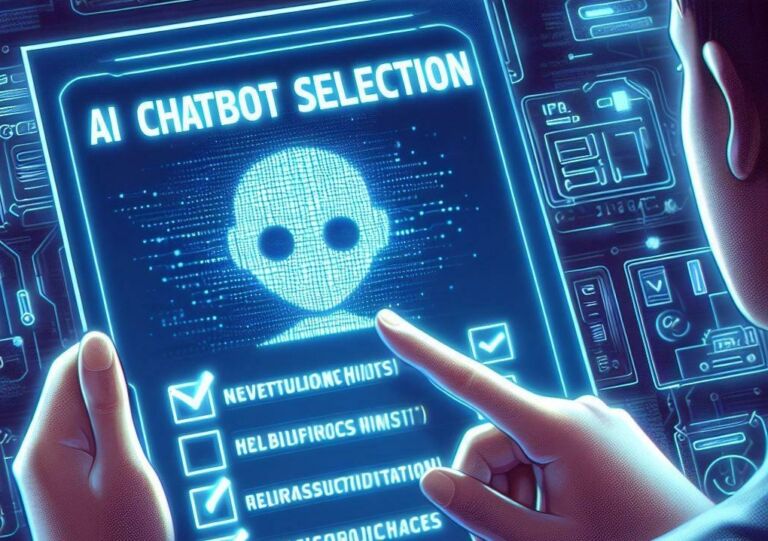John Stossel‘s latest column at Human Events focuses on the negative consequences of an overly burdensome regulatory regime.
I’m upset that the presidential candidates, all of them, rarely mention a huge problem: the quiet cancer that kills opportunity — regulation. The accumulated burden of it is the reason that America is stuck in the slowest economic recovery since the Depression.
I understand why candidates don’t talk about it: Regulation is boring. But it’s important.
The founders of this republic were willing to die rather than be subject to other people’s rules. Today we are so accustomed to bureaucracy that we’ve forgotten what it means to be free.
We now have a million rules — many so complex that even legal specialists can’t understand them. Yet bureaucrats keep writing more. And 22 million people work for government!
Okay, that wasn’t fair. Many of those 22 million deliver mail, build roads and do things we consider useful. But at least a million are bureaucrats. And if you are a rule-maker and you don’t create new rules, you think you’re not doing your job.
On his “Grumpy Economist” blog, the Hoover Institution’s John Cochrane points out that most of these rule-makers were never even elected, and legislatures rarely vote on their new rules. Yet “Regulators can ruin your life, and your business, very quickly, and you have very little recourse.”
Regulators have vast power to oppress.


